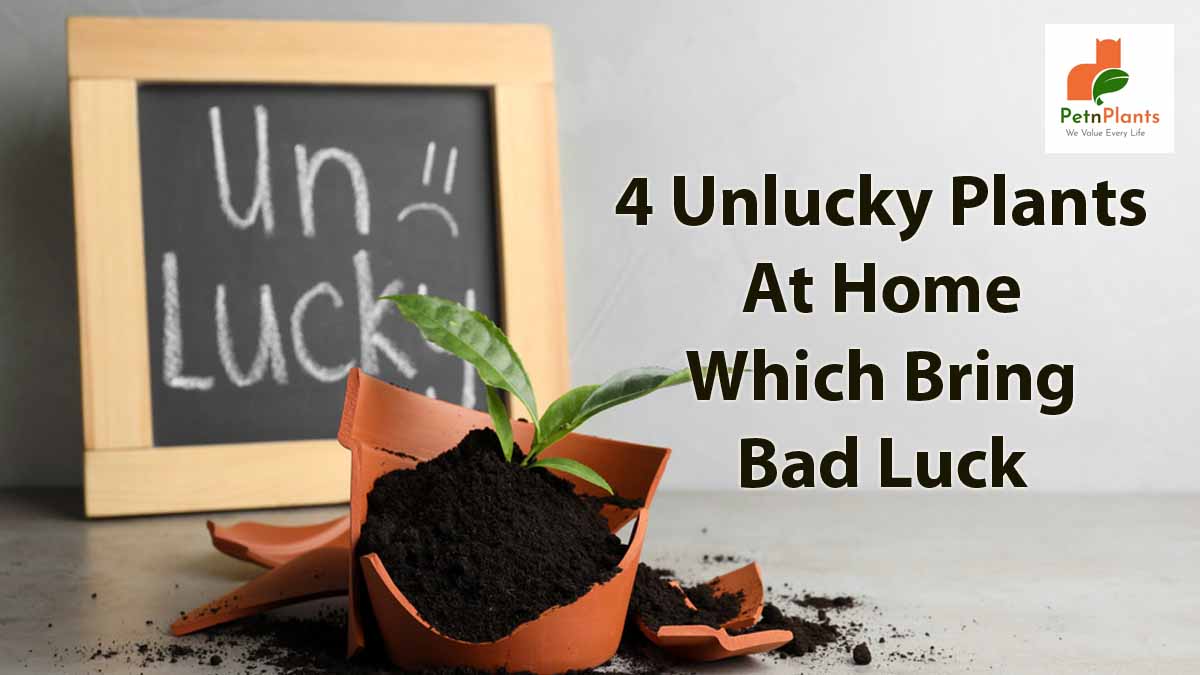Latest
Pets
Plants
How Indoor Plants Can Affect Pet Behavior, Stress & HealthJanuary 12, 2026
We Value Every Life

There are many plants that we think bring us good luck, but there are some which bring bad luck. In this article, we will look at some of the unlucky plants you should avoid keeping in your home.
If you’re looking to avoid bad luck, you might want to steer clear of these plants. From blackthorn to rhododendron, some unlucky plants are said to bring misfortune to those who have them in their homes.
Blackthorn: This dark-colored plant is associated with death and misfortune. It’s said that if you bring blackthorn into your home, someone in your family will soon die.

Rhododendron: This beautiful plant is often found in gardens, but it’s considered unlucky in many cultures. In some belief systems, rhododendron is thought to be a gateway for evil spirits.

Broom: Broom is another plant associated with death and bad luck. It’s often used in witchcraft and black magic, so it’s best to stay away from this one if you don’t want any negative energy in your home.

Thistle: The thistle is known as a symbol of hatred and envy. It’s said that having this plant in your home will invite negativity and misfortune.

Having an unlucky plant in your home can bring bad luck, but there are ways to get rid of them. If you have a black walnut tree on your property, remove it. Black walnut trees are considered very unlucky and can cause all sorts of problems, including financial ones. If you have a cactus, get rid of it. Cacti are known for being unlucky and can cause all sorts of negative energy in your home. Finally, if you have any ivy growing on your property, get rid of it. Ivy is considered very unlucky and can cause all sorts of problems, including health ones.
There are a few plants that are considered unlucky and are said to bring bad luck if they’re kept in the home. Here’s a list of those plants and how to avoid them:
There are a lot of plants that are considered to be unlucky, but the ones on this list are some of the most commonly cited. If you have any of these plants in your home, you may want to consider getting rid of them — after all, it’s better to be safe than sorry!
0